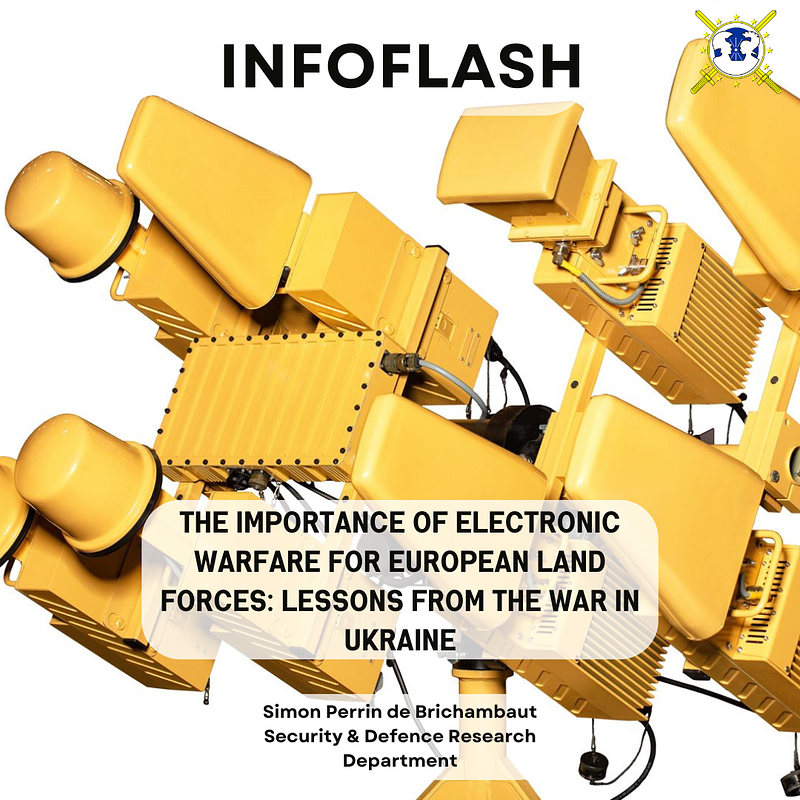Artificial Intelligence and Autonomous Weapons – Strategic Ethical Considerations for European Defence
The integration of artificial intelligence (AI) into autonomous weapons systems represents a shift into modern warfare, offering unprecedented capabilities while posing profound stra- tegic and ethical challenges. This paper explores the strategic benefits and ethical challenges associated with deploying AI-driven technologies in European defence strategies. It highlights the potential military advantages, including enhanced operational efficiency, while addressing critical ethical concerns such as accountability, decision-making in life-or-death scenarios and the risk of conflict escalation. By analysing European defence policies and international frameworks, this study offers a nuanced perspective on balancing technological innovation with ethical imperatives, ensuring stability and adherence to international humanitarian law. Through case studies of European and global approaches, this paper’s aim is to inform strategies that harmonise security objectives with moral and legal principles.





